1. Research and take notes on Charlotte Perkins Gilman, author of The Yellow Wallpaper.
2. The Yellow Wallpaper–Read and annotate! Consider the feminist lens questions below to help shape your understanding of the short story.
3. Feminist Criticism–Print this handout and be sure to have it with you in class!
Feminist Lens Typical questions:
- How is the relationship between men and women portrayed?
- What are the power relationships between men and women (or characters assuming male/female roles)?
- How are male and female roles defined?
- What constitutes masculinity and femininity?
- How do characters embody these traits?
- Do characters take on traits from opposite genders? How so? How does this change others’ reactions to them?
- What does the work reveal about the operations (economically, politically, socially, or psychologically) of patriarchy?
- What does the work imply about the possibilities of sisterhood as a mode of resisting patriarchy?
- What does the work say about women’s creativity?
- What does the history of the work’s reception by the public and by the critics tell us about the operation of patriarchy?
- What role the work play in terms of women’s literary history and literary tradition?



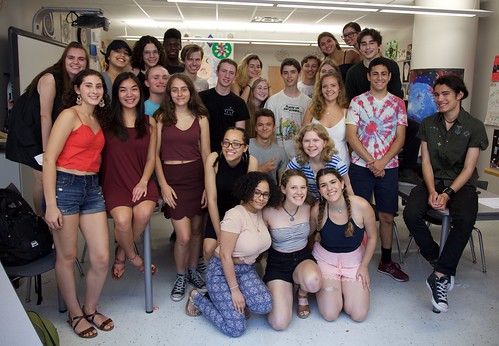
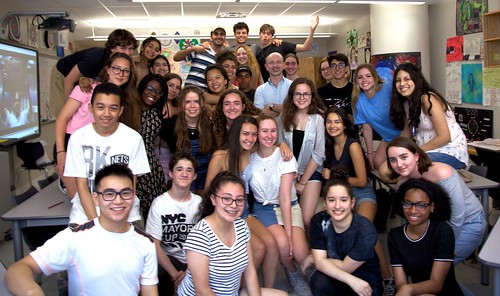






















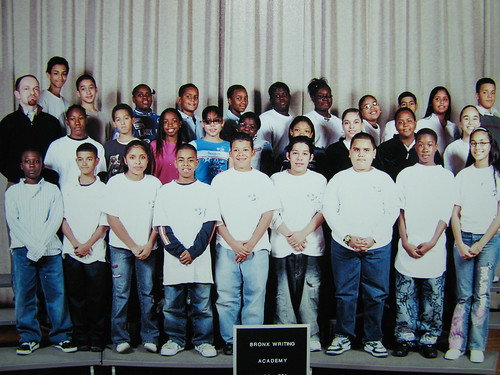











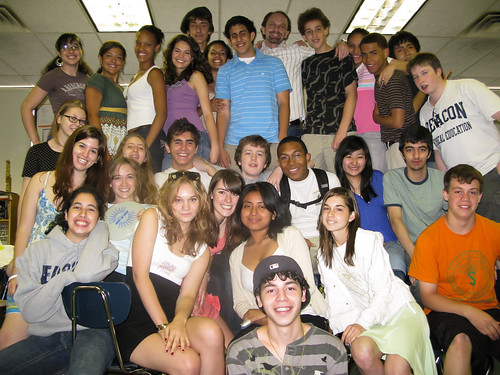


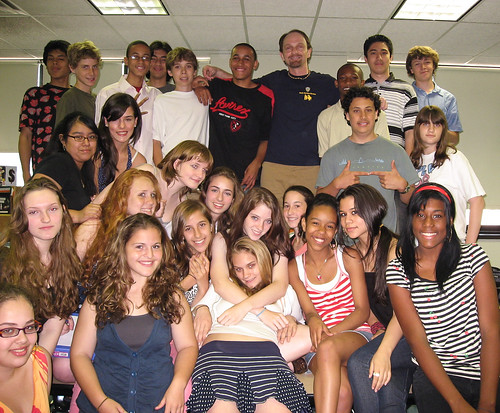






You must be logged in to post a comment.